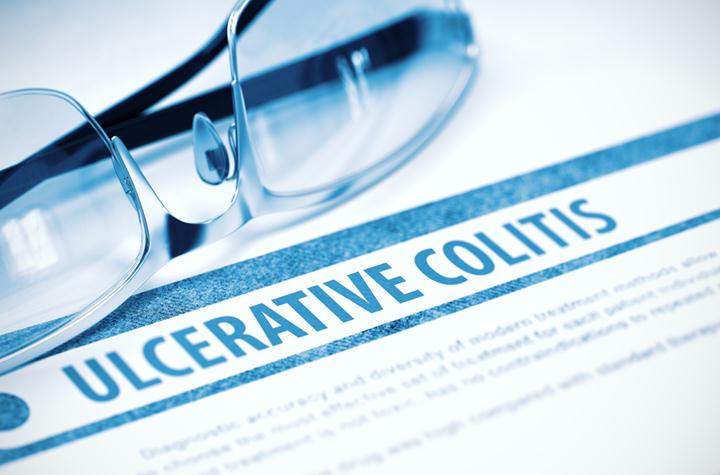Disorders of the digestive tract can be difficult to diagnose. Symptoms like stomach cramps, nausea and alternating diarrhea and constipation can indicate anything from anxiety to colon cancer. But there’s one symptom of ulcerative colitis that lets you know that this is the condition you might be suffering from. Ulcerative colitis is marked by episodes of bloody diarrhea.
Common Symptoms
Besides this truly distressing symptom, you may also experience pain on the left lower side of your body that’s relieved when you have a bowel movement. You might also have very bad pains around the rectum and severe cramping. Other symptoms include sweating and nausea. Your abdomen may also bloat.
You might lose weight as well as your appetite, and you may even become dehydrated or malnourished. Another symptom that separates ulcerative colitis from a benign condition such as irritable bowel syndrome is fever, which can be dangerously high.
These symptoms can worsen if you’re anxious or under stress, if you’ve had too much alcohol or if you have a family history of ulcerative colitis. If left untreated, ulcerative colitis can lead to dangerous blood loss or peritonitis. The inflammation can even spread to your joints, skin and eyes.
Seeking Treatment
Your first impulse if you have an episode of bloody diarrhea, severe pain, or high fever should be to visit your doctor. He or she will take your medical history and give you a physical exam. The doctor will also have stool samples examined in the lab and will give you a barium enema. You’ll drink or be given an enema made of a solution of barium sulfate, which is opaque to X-rays. This is one way the doctor can see what’s going on in your gastrointestinal tract.
You might also have a sigmoidoscopy. This is when the lower part of your colon is examined with an instrument that has a light and a tiny camera attached to it. The camera projects pictures of your colon to a monitor that also allows the doctor to see what’s going on.
The doctor might also take a biopsy, or tissue samples, of your colon. A biopsy can help rule out colon cancer and some bacterial infections that might cause lesions in your colon.
The good news about ulcerative colitis is that it can be cured with medical treatment. In very severe cases, your doctor might recommend surgery to remove the part of your colon that has the lesions and ulcers. This may also lessen your chances of developing colon cancer in the future. Even if the symptoms won’t go away completely, they can be controlled with medication.
Featured Image: depositphoto/tashatuvango


